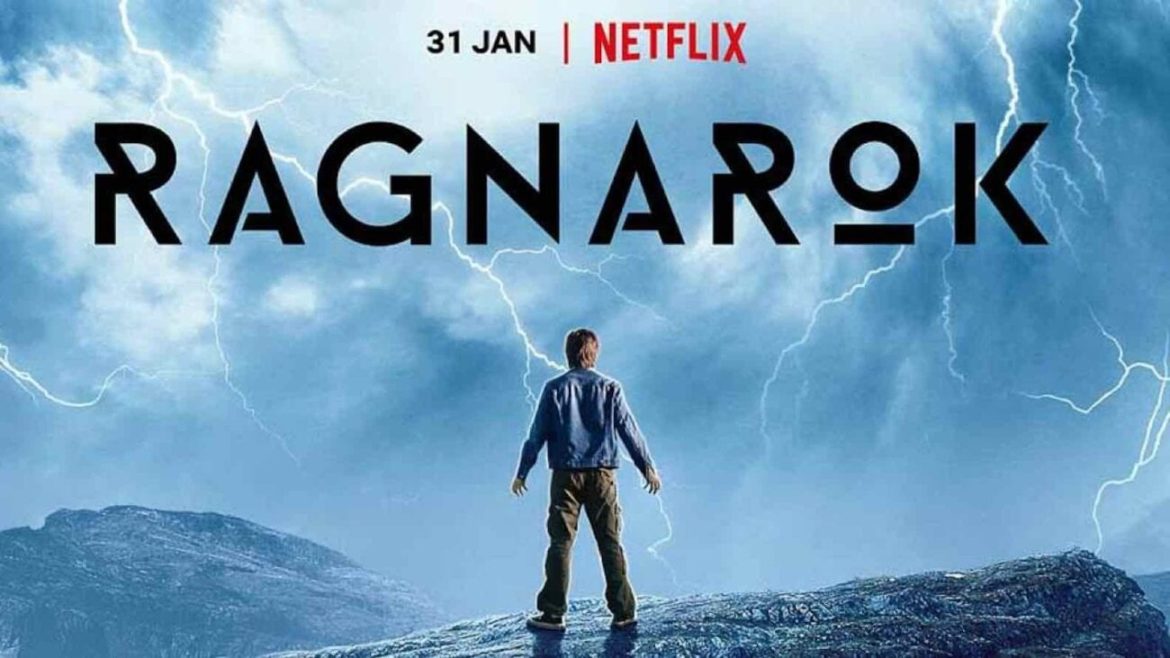Pagan Perspectives
A Note from the Editors Regarding Loki in the White House
December 2nd, 2018
Dear Readers of The Wild Hunt:
Since the publication of Loki in the White House, the column has been discussed at length across the Pagan internet. To say that its portrayal of Loki, and its comparison of Loki to Donald Trump, has been regarded as controversial would be an understatement. The Lokean community in particular has strongly criticized the column, with many feeling that it was tantamount to a call for Heathens to cut ties with Lokeans altogether. (A group of Lokeans sent a letter to The Wild Hunt calling for amendments or a retraction to the column; that letter can be read here.)
At The Wild Hunt, we are proud to have writers from many different backgrounds represented in our roster of regular columnists, including multiple writers of color, writers from outside the Anglosphere, and writers of queer identities – not to mention writers from many different approaches to Paganism. We see our commentary section as a place for these voices to have the freedom to analyze, critique, and debate issues of interest to Pagans in deep and challenging ways.



